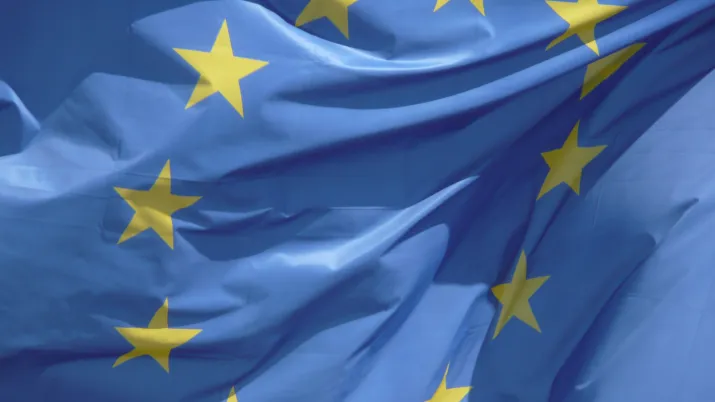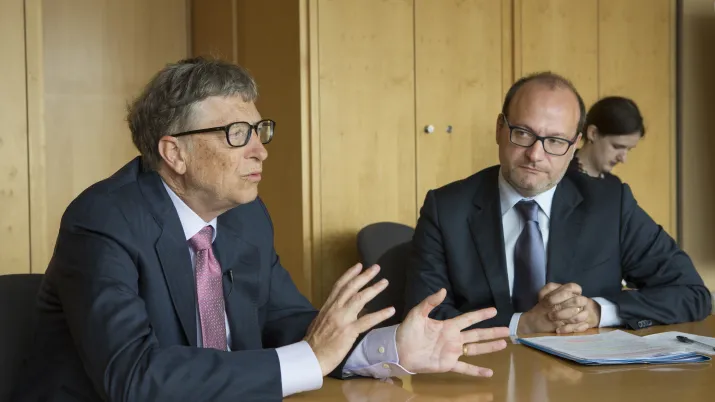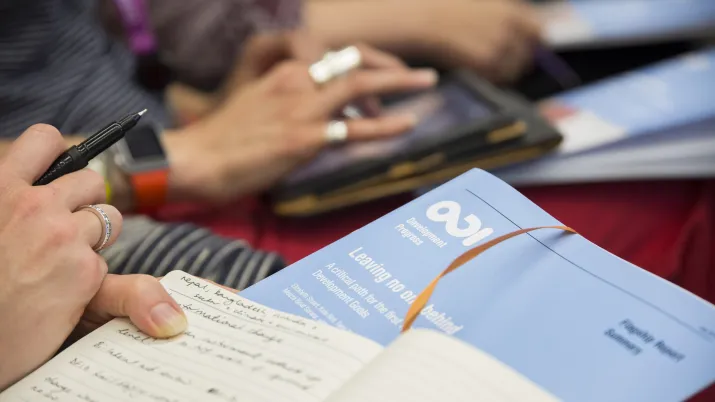Share the page
The United Nations
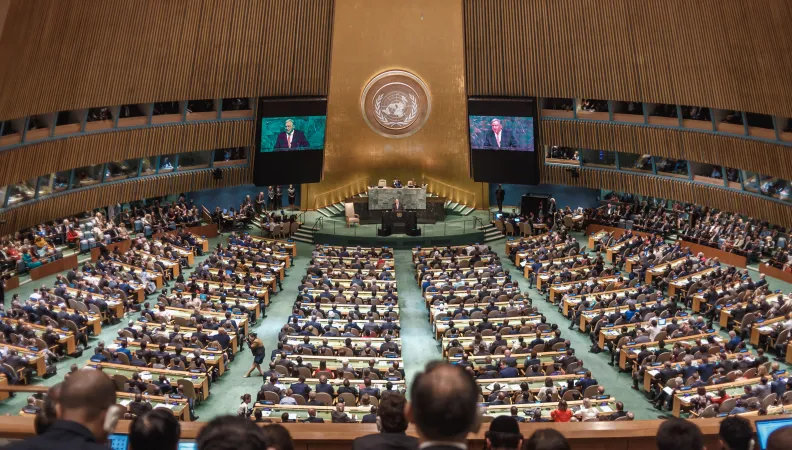
The UN specialized institutions, funds, and programs are major development aid actors. They have several advantages: universality in terms of their members, relative neutrality, and significant presence in the field.
The United Nations is a key forum in terms of the international discussions on development aid, and AFD participates in these actively. We maintain institutional relations with the UN actors and operational relations with certain UN organizations.
The work AFD does in cooperation with the United Nations agencies allows us to share our influence and expertise, include important topics in the global agenda, and benefit from an excellent international showcase via joint projects.
We have adopted several priority partners, according to their fields of expertise, to their complementarities with our own strategies and interventions, and to their financial tools.
Agreements have been signed with certain UN agencies, including UNICEF, UNDP, IFAD and, more recently, ILO and UNITAR. We also maintain partnership or operational relations with UNESCO, FAO, WHO and UN-Habitat.
UNDP
THE UNITED NATIONS DEVELOPMENT PROGRAMME (UNDP)
UNDP is a privileged partner of AFD. Our partnership, which was signed in 2012 and renewed in 2015, is based on four themes related to the major development agenda issues: climate, development financing and achieving the SDGs, research on human development, and fragile states.
It’s within this context that we jointly carried out the study “Financing the SDGs in the Least Developed Countries (LDCs): Diversifying the Financing Tool-Box and Managing Vulnerability”. Its aim was to help prepare the midterm assessment of the Istanbul Programme of Action for LDCs.
UNICEF
THE UNITED NATIONS CHILDREN’S FUND (UNICEF)
Our partnership with UNICEF, signed in 2014, focuses on education, health care, and fragile states. In the field, AFD and UNICEF often join in inter-donor dialogues to develop programs on these themes.
We are also partners with stakeholder status in certain specific funds such as the Global Partnership For Education (GPE) or the Common Education Fund.
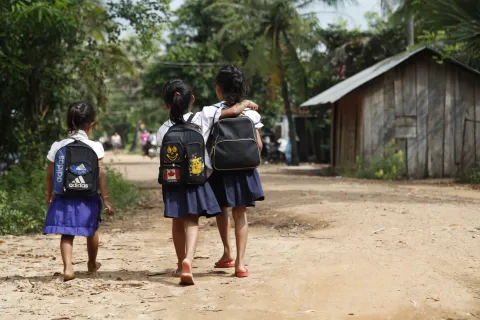 © Éric Beugnot pour l'AFD
© Éric Beugnot pour l'AFD
UNESCO
THE UNITED NATIONS EDUCATIONAL SCIENTIFIC AND CULTURAL ORGANIZATION (UNESCO)
AFD maintains operational relations with UNESCO, especially in the education and vocational-training sector. Among other things, we have co-financed the “Pôle de Dakar” platform in sectoral analysis and supported the implementation of a platform of expertise and technical support dedicated to vocational training in Africa (PEFOP).
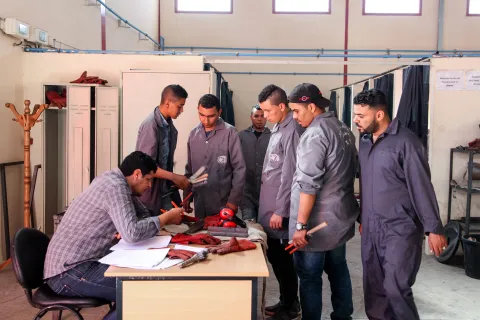 © Augustin Le Gall pour l'AFD
© Augustin Le Gall pour l'AFD
ILO
THE INTERNATIONAL LABOUR ORGANIZATION (ILO), VIA ITS PERMANENT SECRETARIAT
AFD and ILO have been partners since 2014. They carry out joint actions on social protection, capacity building on the fundamental standards for labor and decent work, and green jobs and professions to develop skills and job opportunities to work along with the energy transition.
UNITAR
UNITED NATIONS INSTITUTE FOR TRAINING AND RESEARCH (UNITAR)
Our recent partnership aims for capacity building in the least developed countries (LDCs), for the implementation and monitoring of the SDGs in Africa.
IFAD
THE INTERNATIONAL FUND FOR AGRICULTURAL DEVELOPMENT (IFAD)
AFD and IFAD share rural development mandates, priorities, and outlooks that are very similar. The partnership between our two institutions has become much deeper in recent years; it was renewed in October 2012 and then in March 2017.
Our operational cooperation focuses on agricultural risk insurance, support to African peasant organizations, and—since the end of 2016—support for livestock value chains (a loan for a dairy project in Cuba). In March 2017, we also granted a loan of 200 million euros to IFAD, to finance its activity of lending to States for agricultural development.
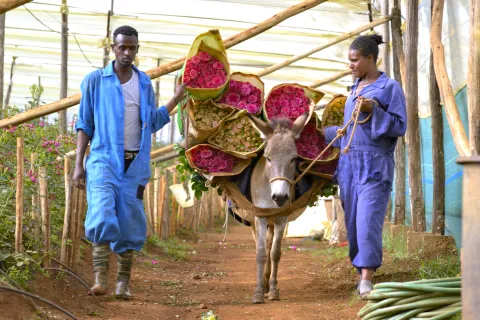 © Didier Gentilhomme pour l'AFD
© Didier Gentilhomme pour l'AFD

